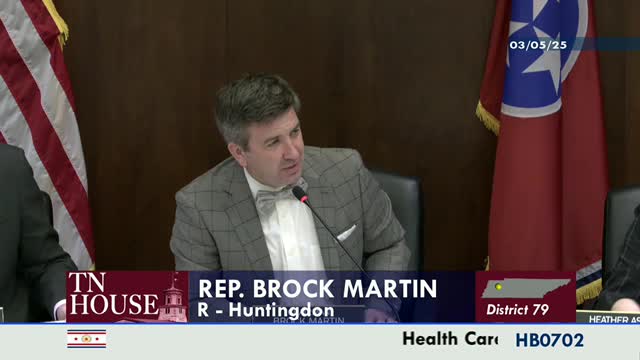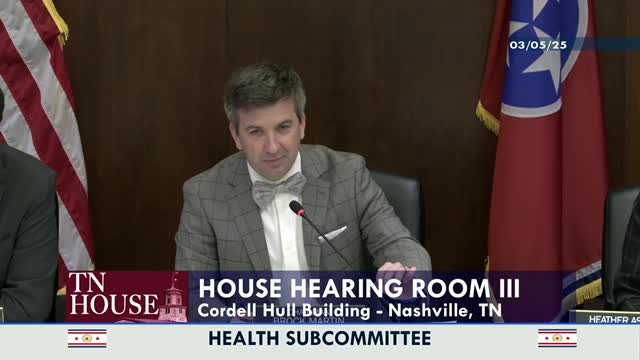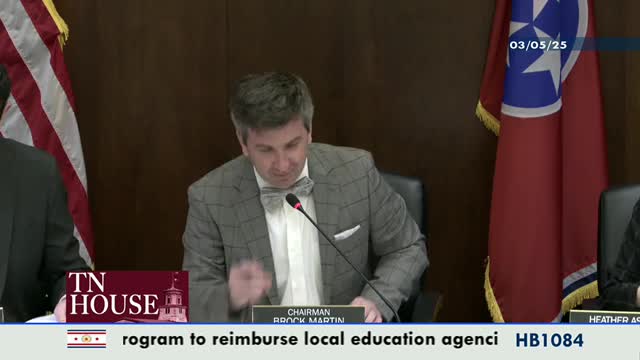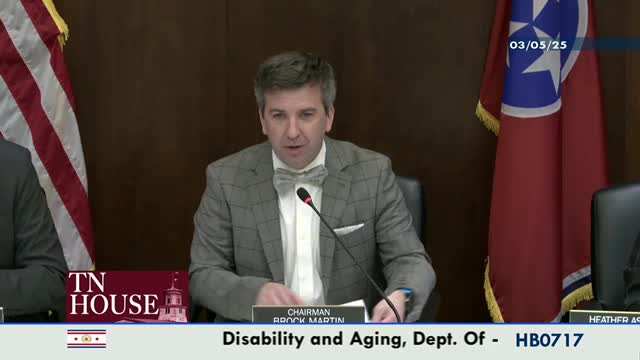Article not found
This article is no longer available. But don't worry—we've gathered other articles that discuss the same topic.

Subcommittee advances bill clarifying licensing for medical laboratory collection stations

Subcommittee advances Department of Health licensing cleanup bill

Subcommittee advances bill to reimburse schools and first responders for anti‑choking devices

